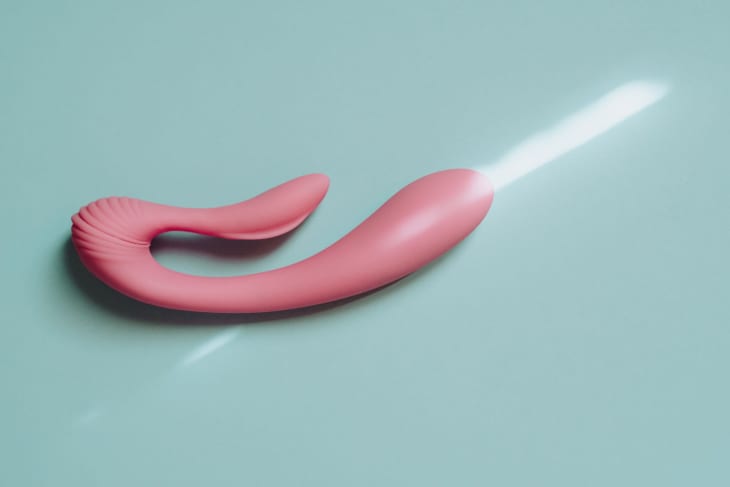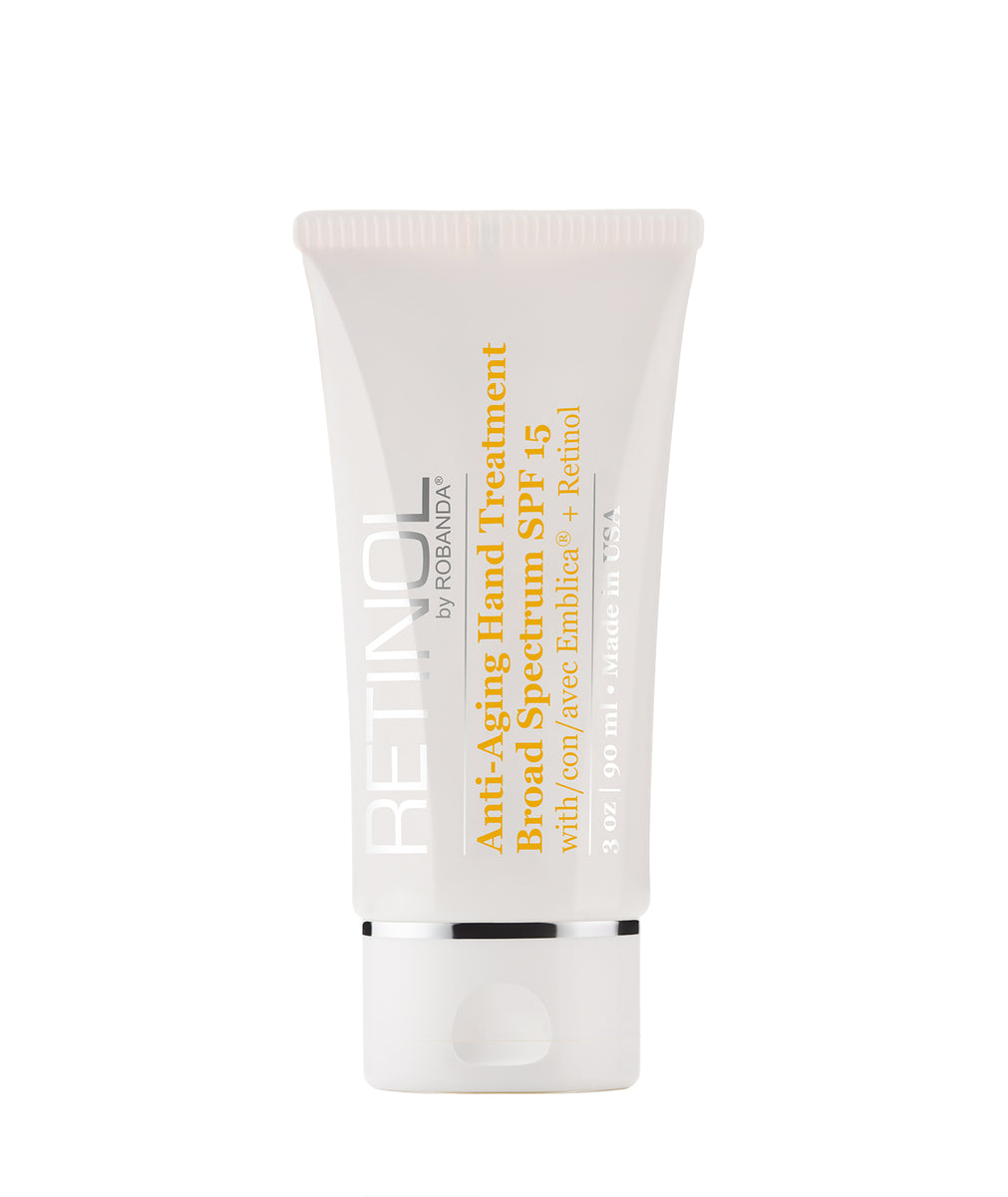We independently select these products—if you buy from one of our links, we may earn a commission. All prices were accurate at the time of publishing.
Credit: Vera Lair/Stocksy
Cleaning and maintenance is an unavoidable part of life. You’ve got to clean your body, you’ve got to clean your living space, and yes, you’ve got to clean your sex toys. Whether it’s a dildo, vibrator, anal bead, butt plug, or any other item meant to add sexual pleasure to your life, you have to wash it on the regular. After all, these items have hot-and-heavy contact with some pretty intimate parts of your body—so it’s key that you keep them clean.
Alyse Kelly-Jones, MD, FACOG, a gynecologist with Novant Health Mintview OBGYN in Charlotte, NC, agrees. She says unclean sex toys can cause recurrent bacterial vaginosis, yeast infections, and plain old irritation (in the form of itching, redness, pain, and more). People with penises, too, can experience issues when using unclean sex toys, including overgrowth of yeast and yucky skin infections.
STIs, including human papillomavirus and herpes, can also survive on sex toys, so that alone should be a good motivator to tidy up your bedroom tools. (Pro tip: When you visit your reproductive healthcare provider, let them know you regularly use sex toys, as this can be a clue to your health if you find yourself suffering from unpleasant symptoms in your genital area.)
So How *Do* You Clean Your Sex Toys?
The big thing to know is whether the sex toy or tool is porous or non-porous, says Mackenzie Schwark, the Head of Customer Experience at Unbound, a sex toy and sexual wellness company.
Non-porous materials include medical-grade silicone, borosilicate glass, soda-lime glass, metal, ABS plastic (a type of hard plastic often used in dildos and vibrators), and gold—these do not allow bacteria into the toy itself.
Porous materials include rubber, latex, elastomer, jellies, Sensafirm and UR3 (two materials that approximate the feel of skin). Porous materials contain tiny holes that can harbor nasties, including bacteria. If you’re not sure what material you’re dealing with, check the box or contact the retailer.
For Most Toys:
For most toys, a basic wash with unscented soap and warm water will do the trick. Make sure to choose a mild soap or even something organic if you can spring for it. For more specifics, read on.
Non-Porous (Glass, Metal, Silicone, Gold, ABS Plastic, etc):
Hot soapy water should work well for these types of toys, although some may also be dishwasher safe. If you’d like, you can also boil them for about five minutes for extra freshness (except for gold, which is often mixed with other ingredients and may not be safe to boil).
If you’re using silicone, avoid using any type of wash that also has silicone in it, as it could damage the toy, says Schwark (FYI: any chemical name ending in -cone is likely a silicone. Dimethicone is a common one).
Be sure you know the type of glass your toy is made from, as well: borosilicate glass is distinct from soda-lime glass. Soda-lime is a bit more temperature sensitive, so it’s better to stick to warm water, while borosilicate can handle higher temps.
Credit: bigacis/Shutterstock
Porous (Latex, Rubber, Sensafirm, Including Jelly-Like Materials etc):
Soap and water are good for these, as well. Run the toy under warm water or use a washcloth to gently agitate the surface. Go easy on the soap, as some soaps can damage the surface of these types of materials.
Battery-Operated:
For your vibrators and other similar toys, “If a toy is battery operated, or is not waterproof, it’s best to go with a washcloth instead of submerging the toy in water or cleaning it with the faucet,” advises Schwark.
Other Materials:
You can hand-wash cloth items like blindfolds or scarves or toss them into the washer if they seem sturdy. Schwark says, “Toys that are not used internally or on the genitals don’t need as much care, but anything that may have come in contact with body fluids should be cleaned regularly. It’s unlikely to spread bacteria or a virus with a toy like handcuffs, but something like a cock ring or a paddle could. Always better safe than sorry!”
What About Using the Washes and Sprays That Companies Sell to Wash Their Products?
Neither Schwark nor Dr. Kelly-Jones deems this strictly necessary. Schwark says: “If you’re going with a toy cleaner spray or wipe, it’s important to know what ingredients are used.” So if you don’t know exactly what’s in it, stick with the old soap-and-water standby.
What Else Does Everyone Need to Know About Cleaning and Storing Sex Toys?
It’s important to thoroughly dry sex toys before using them again or storing them. And speaking of storage, just letting them roll around in a drawer with the dust bunnies probably isn’t a best practice—they (and thus, your vagina, penis, or anus!) need to be protected from dirt, dust, lint, and more. If possible, store them in the box they came in or in a cloth bag.
Both Schwark and Kelly-Jones suggest creating a routine around cleaning. Immediately after sex is ideal, but within a few hours should be OK if you’d like to cuddle (or, you know, lie around in the afterglow). If you’re concerned, cleaning both before and after use is the best way to ensure they’re safe to use.
If you use toys infrequently, cleaning once a month or so as preventative care (in addition to after use) is fine. You can also use condoms with phallic-shaped toys as a way to prevent mess and direct genital contact—although you should still clean them on a regular basis, even if condom use is your MO.
And what if you only use your sex toys to masturbate? Same deal, say both experts. Even though the only secretions you’re coming into contact with are your own (and maybe a little lube!), it’s still crucial to clean them regularly to avoid the growth of bacteria.
Another must? Open communication with your partners! Dr. Kelly-Jones says: “Just like you would ask about STI testing, you should also ask about sex toys. Ask potential partners if they use the toys with others, how often they are cleaned, and how they tend to clean them.” It may be a little awkward in the moment, but your sexual health will benefit.












